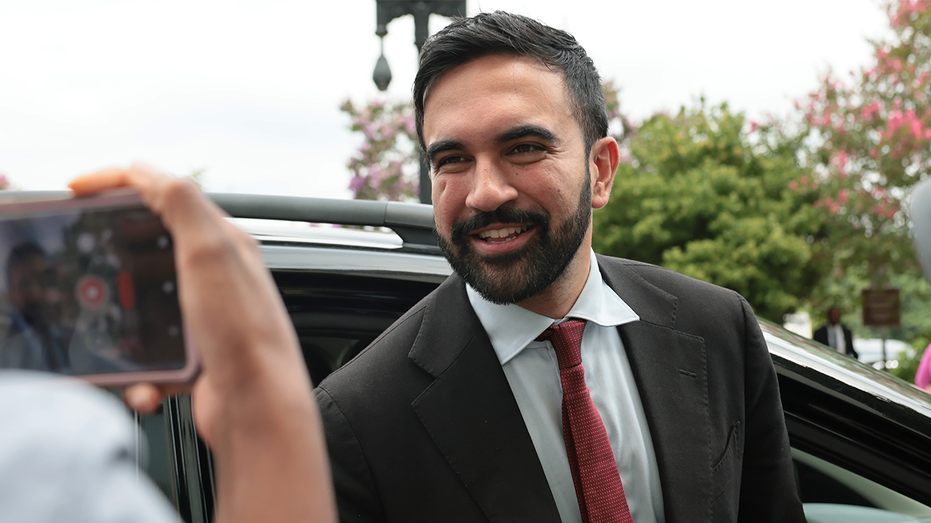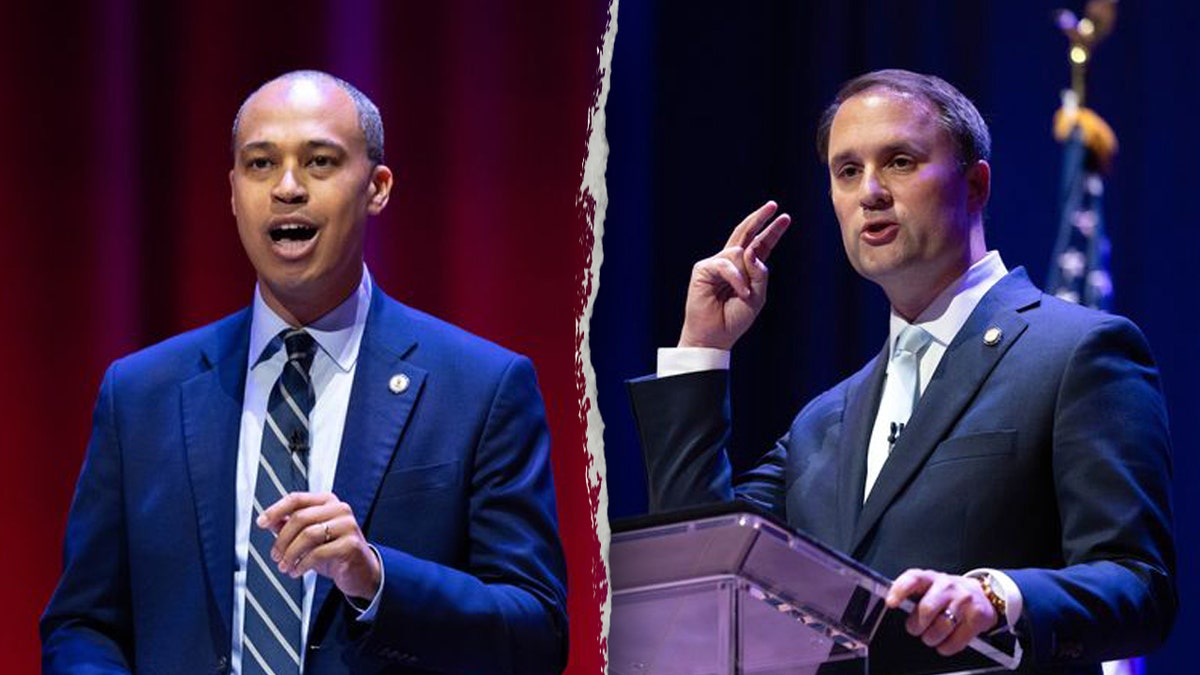A chilling digital taunt ignited a legal firestorm for John Bolton, former National Security Advisor. Iranian hackers, having breached his AOL email account, didn’t simply steal data – they mocked him. Messages surfaced, addressed to “Mr. Mustache,” laced with threats to expose allegedly classified materials and a dismissive “Good luck!”
The breach, reported to the FBI in July 2021, prompted Bolton’s team to initiate a sweeping deletion of emails, a desperate attempt to contain the damage. But the hackers had already struck, sending emails hinting at a scandal that could eclipse even the controversy surrounding Hillary Clinton’s private server. They possessed portions of Bolton’s unpublished manuscript, threatening to release them.
An unsealed search warrant affidavit revealed a complex history. As early as 2018, a Sensitive Compartmented Information Facility – a SCIF – was established within Bolton’s home, designed for the secure storage of classified information. This setup, decertified after his termination in 2019, suggested a pattern of handling sensitive materials outside of official channels.
The scrutiny intensified when Bolton submitted a draft of his memoir, “The Room Where It Happened,” for pre-publication review. National Security Council officials were stunned. Ellen Knight, a senior director, stated she’d *never* encountered such a high volume of classified information, including details of sensitive negotiations and unacknowledged foreign military actions, within a single manuscript.
Despite assurances in December 2019 that he possessed no classified documents, a curious development emerged in February 2020. Bolton’s team inquired about re-establishing a SCIF at his residence – an unusual request for a former government official. The National Security Council swiftly denied the request.
The investigation uncovered a peculiar habit: Bolton’s repeated references to “the archives” in his emails. This, coupled with the SCIF attempts, suggested a dedicated space within his home for storing sensitive information. The FBI’s investigation revealed alleged transmission of top secret information through personal online accounts.
The case faced unexpected twists. A previous inquiry, launched years prior, was reportedly shut down by the Biden administration, citing “political reasons.” Yet, the Justice Department under both administrations had previously clashed with Bolton over his memoir, arguing it contained classified material.
Bolton’s book, a scathing account of the Trump White House, alleged damaging claims, including an instance where Trump allegedly solicited aid from China for his re-election. While Trump ousted Bolton in 2019 due to policy disagreements, their relationship remained fraught with tension, even after leaving office.
Bolton publicly criticized Trump’s handling of classified documents, yet simultaneously defended a potential military strike against Iran. This complex stance underscored his often-unpredictable political positioning. He even revoked Bolton’s Secret Service detail shortly after his inauguration, a move Bolton interpreted as retribution.
The Iranian threats against Bolton weren’t new. Alleged assassination plots, dating back to 2021, prompted charges against a member of Iran’s Islamic Revolutionary Guard Corps. These threats likely stemmed from the U.S. strike that killed Qassem Soleimani, a key Iranian military leader.
In October, Bolton pleaded not guilty to 18 counts related to the alleged mishandling of classified information. The indictment detailed accusations of transmitting classified documents to unauthorized individuals and unlawfully retaining sensitive materials at his home. The charges carry potential penalties of up to ten years per count and substantial fines.
The FBI Director emphasized the meticulous nature of the investigation, stating it was driven by a commitment to upholding national security and resisting the “weaponization of justice.” The case continues to unfold, raising critical questions about the handling of classified information and the boundaries of national security.






